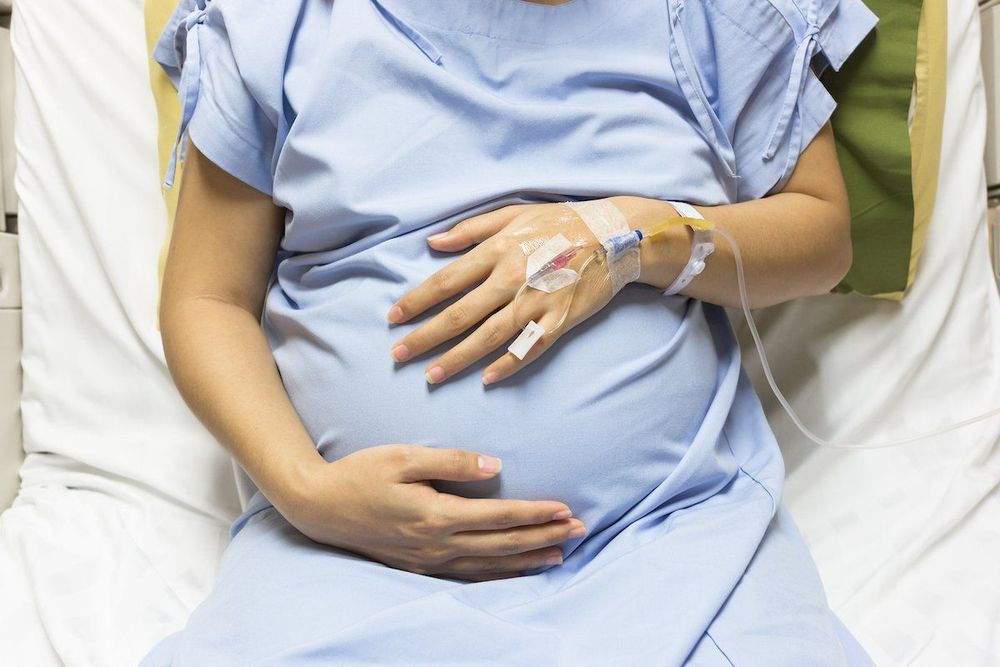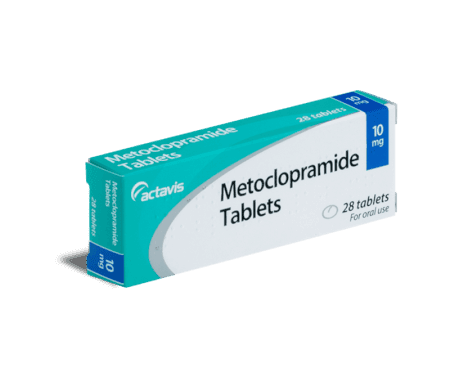This is an automatically translated article.
The article was professionally consulted by Dr., Doctor Ngo Thi Uyen Department of Obstetrics and Gynecology - Vinmec Nha Trang International HospitalMorning sickness is simply feeling nauseous and vomiting, occurring several times a day. For most pregnant women, symptoms of morning sickness during pregnancy usually begin as early as the 4th - 6th week of pregnancy and will subside after the first three months. However, some people develop morning sickness that is more severe and difficult to control.
1. What is morning sickness?
Morning sickness is a condition when pregnant women feel discomfort, bloating in the abdomen, appearing many times in a day. Morning sickness is very common when you are just starting to get pregnant. Morning sickness during pregnancy usually doesn't harm the unborn baby, but it can affect a woman's daily life, whether at work or in normal activities.
2. Morning sickness from what week?
Women who are trying to get pregnant often wonder "When does morning sickness start?". Morning sickness during pregnancy usually begins before the 9th week of pregnancy. For most women, this goes away after about 14 weeks of pregnancy (falling into the second trimester). Some women experience severe morning sickness that lasts for several weeks or months. There are cases that last throughout pregnancy.
Trắc nghiệm: Bạn có hiểu đúng về dấu hiệu mang thai sớm?
Các dấu hiệu mang thai sớm không phải chỉ mỗi trễ kinh mà còn có rất nhiều dấu hiệu khác như xuất huyết âm đạo, ngực căng tức,… Điểm xem bạn biết được bao nhiêu dấu hiệu mang thai sớm thông qua bài trắc nghiệm này nhé!
3. Distinguishing between severe morning sickness and mild morning sickness
Some women experience transient nausea only once or twice a day. This condition is known as mild morning sickness. Severe morning sickness is when nausea lasts several hours a day and occurs more often. Whether or not morning sickness is treated depends on how much it affects the pregnant mother's life, not whether the morning sickness is mild or severe.
4. What is morning sickness?
Morning sickness is the most severe form of morning sickness in pregnancy, with an incidence of about 3%. Women are diagnosed with morning sickness when their pre-pregnancy body weight drops by up to 5% and are severely dehydrated (due to severe vomiting). Pregnant women with morning sickness need treatment to stop vomiting and balance water and electrolytes in the body. Sometimes pregnant women need to be hospitalized for monitoring.
5. When does severe morning sickness occur?
The following factors increase the risk of severe morning sickness during pregnancy:
Having multiples. Have had morning sickness in a previous pregnancy (mild or severe). The mother or sister of a pregnant woman has morning sickness during pregnancy. Have ever had motion sickness or migraines. Pregnant with a daughter.

6. Does morning sickness affect the fetus?
Nausea and vomiting during pregnancy is usually not harmful to the health of both the mother and the fetus. However, women need to find a way to overcome it by adding enough water and electrolytes to avoid dehydration and excessive weight loss, affecting the weight of the fetus after birth. Excessive dehydration can lead to disorders in the thyroid gland, liver, and amniotic fluid.
7. The best time to treat morning sickness during pregnancy
The mother's constant nausea and vomiting during pregnancy can cause other health problems and become more difficult to manage. Therefore, experts recommend early treatment so that morning sickness does not have a serious effect.
8. Having morning sickness what to do?
Lifestyle changes and improved diet can help pregnant women feel better. The following suggestions can be applied:
Multivitamin supplement. Snack on dry toast or crackers in the morning before getting out of bed to avoid an empty stomach on the go. Drink water many times. Avoid exposure to unpleasant odors. Eat several small meals, instead of three large meals. If possible, use bland foods. For example, the BRATT diet (consisting of bananas, rice, applesauce, toast and tea) is low in fat and easy to digest. Use ginger tea, ginger capsules and ginger candies (made from real ginger). If you vomit too much, the enamel on your teeth is likely to wear down due to the reflux of stomach acid. To fix it, you can gargle with a glass of water dissolved in about a teaspoon of baking soda to help neutralize the acid and protect tooth enamel.
9. Medicines to treat morning sickness
If diet and lifestyle fail to resolve the symptoms of morning sickness, or if morning sickness is severe, then your doctor will consider drug treatment:
Vitamin B6 and Doxylamine: Vitamin B6 is the treatment. Prescription is not required and is used first. Doxylamine is an active ingredient commonly found in over-the-counter sleeping pills that can be added to treatment if vitamin B6 does not relieve symptoms. Both vitamin B6 and Doxylamine taken alone or in combination are safe for the pregnant mother and have no adverse effects on the fetus. Antiemetics: If neither vitamin B6 nor Doxylamine can help, your doctor will consider antiemetics. There are many antiemetics that are quite safe during pregnancy. However, there are still some drugs that lack evidence of safety and need further research. Depending on the condition, the doctor will choose an appropriate treatment.

If morning sickness is too severe to get out of control, pregnant women need to be hospitalized for treatment until symptoms stabilize. Several tests are done to check how well the liver is working. If you are severely dehydrated, you will need intravenous fluids. In case you continue to vomit, your doctor will have to use a tube to give you food.
In all cases of treating pregnant women with severe morning sickness and vomiting, the most important thing is to ensure that both mother and baby receive the nutrients they need.
In short, morning sickness is considered one of the very obvious manifestations for every pregnant woman. However, that does not mean that women can take this situation lightly. In fact, morning sickness has the potential to become a serious problem, greatly affecting the health of both mother and fetus if not treated properly.
Severe choking can lead to extremely dangerous pregnancy poisoning. Especially women with multiple pregnancies, high blood pressure, gestational diabetes, a history of heart disease, obesity. In addition, severe morning sickness also causes fetal growth retardation, maternal fatigue, poor health, and seriously affects both mother and baby.
In order to protect the health of mother and fetus comprehensively, Vinmec provides all-inclusive maternity services (12-27-36 weeks), in which the 12-week maternity package helps monitor the health of mother and baby. early pregnancy, early detection and timely intervention of health problems. In addition to the usual services, the maternity monitoring program from 12 weeks has special services that other maternity packages do not have such as: Double Test or Triple Test to screen for fetal malformations; Quantitative angiogenesis factor test for preeclampsia; thyroid screening test; Rubella test; Testing for parasites transmitted from mother to child seriously affects the baby's brain and physical development after birth. After having the results of antenatal check-ups and tests, the doctors will analyze and advise on nutrition and reasonable rest regimes for pregnant women to help mothers and babies have the best health and comprehensive development of the fetus.
For more information about the 12-week maternity package and registration, you can contact the clinics and hospitals of Vinmec health system nationwide.

Please dial HOTLINE for more information or register for an appointment HERE. Download MyVinmec app to make appointments faster and to manage your bookings easily.













